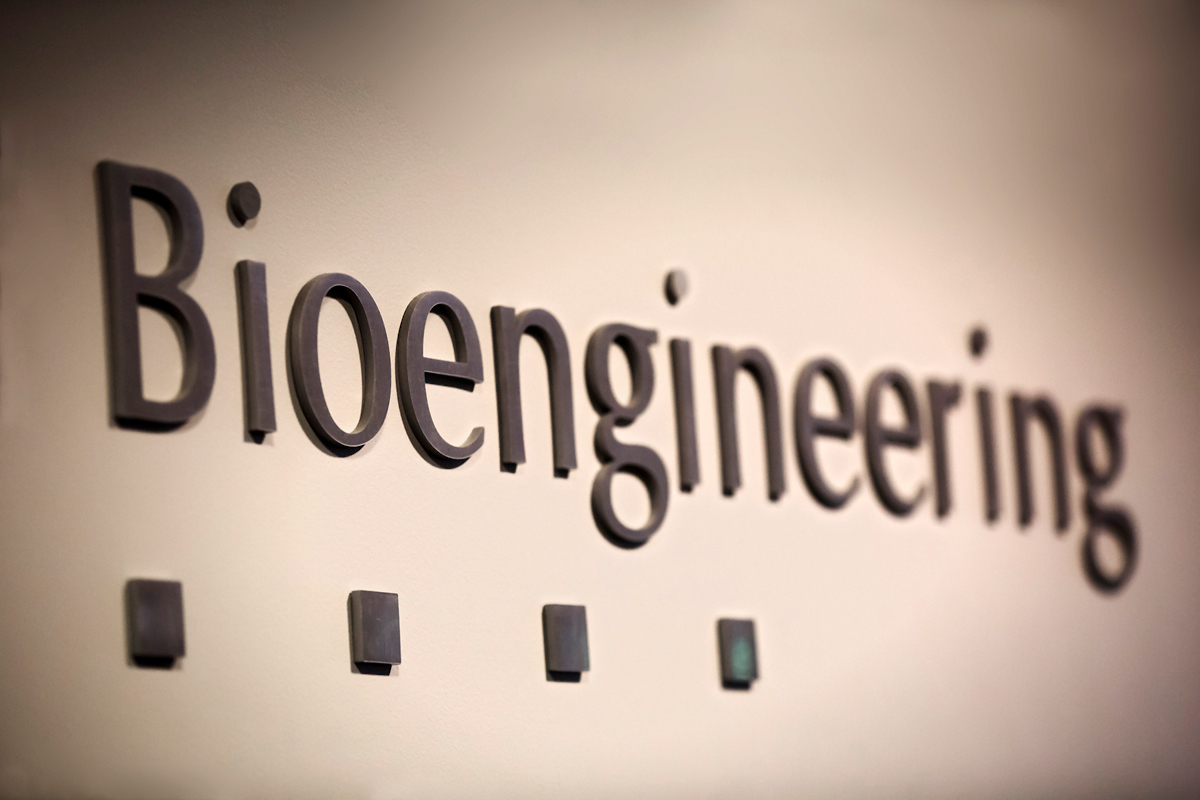Ph.D. in Bioengineering: Introduction, Admission, Registration, Eligibility, Duration, Fees, Syllabus 2024

Introduction:
A Ph.D. in Bioengineering is an exploratory voyage into the fusion of biology and engineering principles. It’s a rigorous academic and research-oriented program that molds students into innovators capable of addressing complex biological challenges through engineering solutions. This degree is not just a testament to one’s expertise but also a commitment to advancing the frontiers of science and technology.
Admission Process:
- Research and Select Programs: Identify institutions with strong bioengineering departments.
- Prepare Application Materials: Gather transcripts, letters of recommendation, and a statement of purpose.
- Meet Prerequisites: Ensure completion of required coursework or experience in related fields.
- Submit GRE Scores: If required by the program.
- Apply: Complete and submit applications by the deadline.
- Interviews: Attend interviews if invited.
Eligibility:
- Academic Background: A master’s degree in engineering, biology, or a related field.
- Research Experience: Demonstrated experience through publications or projects.
- Test Scores: GRE or equivalent, if required.
- Technical Skills: Proficiency in relevant laboratory or computational skills.
- Personal Statement: A clear articulation of research interests and career goals.
Completion Time:
The journey to a Ph.D. in Bioengineering typically spans 4 to 6 years. This period is dedicated to coursework, comprehensive exams, research, and dissertation work. The culmination is a significant contribution to the field, embodied in a doctoral thesis.
Career Opportunities:
- Academia: University professorships or research positions.
- Industry: R&D roles in biotechnology, pharmaceuticals, or medical device companies.
- Government: Positions in regulatory agencies or national laboratories.
- Entrepreneurship: Start-up ventures in biotech and health tech.
- Consultancy: Advisory roles in engineering or healthcare sectors.
Syllabus:
- Core Subjects: Advanced biomaterials, biomechanics, and bioinformatics.
- Electives: Specialized courses tailored to research interests.
- Seminars: Presentations on current research and trends.
- Lab Rotations: Practical experience in different research labs.
Internship Opportunities:
- Industry Placements: Hands-on experience in biotech companies.
- Research Labs: Participation in cutting-edge research projects.
- International Exchange: Opportunities to work in labs abroad.
- Clinical Exposure: Internships in medical settings to understand clinical applications.
Scholarships and Grants:
- University Fellowships: Tuition waivers and stipends.
- Government Funding: Grants for specific research projects.
- Private Foundations: Scholarships for promising students.
- Corporate Sponsorships: Funding from industry partners.
FAQs:
What interdisciplinary opportunities are available in a Ph.D. in Bioengineering?
Opportunities to collaborate across fields like material science, computer science, and clinical medicine.
Can I pursue a Ph.D. in Bioengineering part-time?
Some programs offer part-time options, but full-time is more common due to the research intensity.
Do I need a master’s degree to apply for a Ph.D. in Bioengineering?
While beneficial, some programs accept strong candidates directly from undergraduate studies.
What kind of research projects can I undertake?
Projects range from developing new medical devices to creating synthetic biological systems.
Are there opportunities for teaching during my Ph.D.?
Most programs have teaching assistantships as part of the training process.
